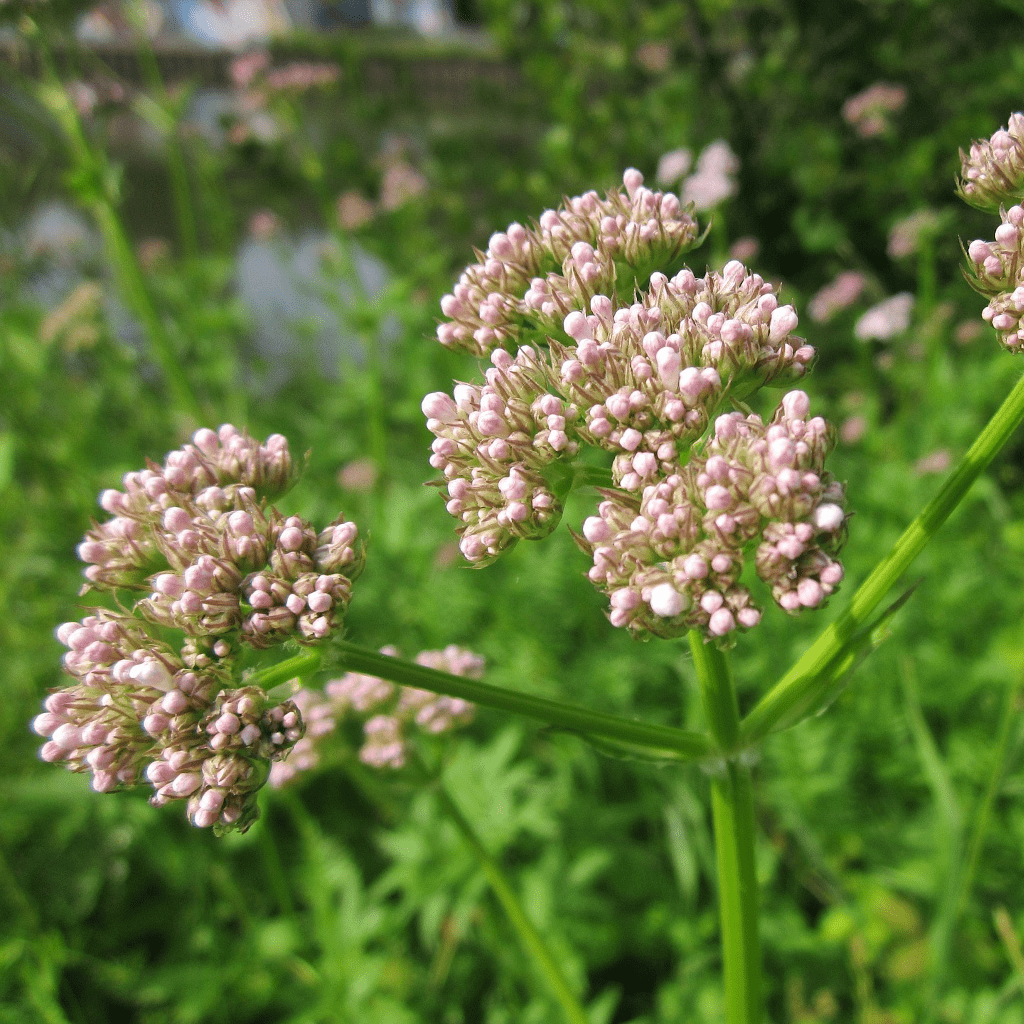<h1>Valerian: A Scientific Look at Its Uses and Benefits</h1> <h2>Introduction</h2>
Valerian (Valeriana officinalis) is a perennial flowering plant native to Europe and Asia. For centuries, it has been used for its sedative and anxiolytic properties. Its root extracts are commonly sold as a dietary supplement and are available in various forms, including capsules, tablets, teas, and tinctures.
<h2>Benefits of Valerian</h2>
Valerian is best known for its calming effects on the mind and body. Studies have shown that it can improve sleep quality and reduce the time it takes to fall asleep. Valerian can also help reduce anxiety, nervousness, and stress. In fact, it has been compared to the effects of benzodiazepines, a class of drugs commonly used to treat anxiety disorders.
Valerian’s benefits extend beyond its calming effects. It has also been shown to have anti-inflammatory properties and may help reduce pain associated with conditions such as menstrual cramps and headaches. Additionally, valerian has been shown to improve cognitive function in healthy adults, and may even have potential as a treatment for certain neurodegenerative disorders.<h2>How to Use Valerian</h2>
Valerian is available in a variety of forms, including capsules, tablets, teas, and tinctures. The recommended dosage depends on the form and strength of the supplement. It is best to follow the instructions on the label or consult with a healthcare provider before use.
Valerian is generally considered safe when used as directed. However, it can cause mild side effects such as headache, dizziness, and upset stomach. It can also interact with certain medications, so it is important to talk to a healthcare provider before taking valerian if you are on any medication.
<h2>Conclusion</h2>
Valerian is a natural supplement with a long history of use for its calming effects on the mind and body. It is also associated with several other health benefits, such as reducing pain and improving cognitive function. While generally safe when used as directed, it is important to talk to a healthcare provider before taking valerian, especially if you are on any medication.
